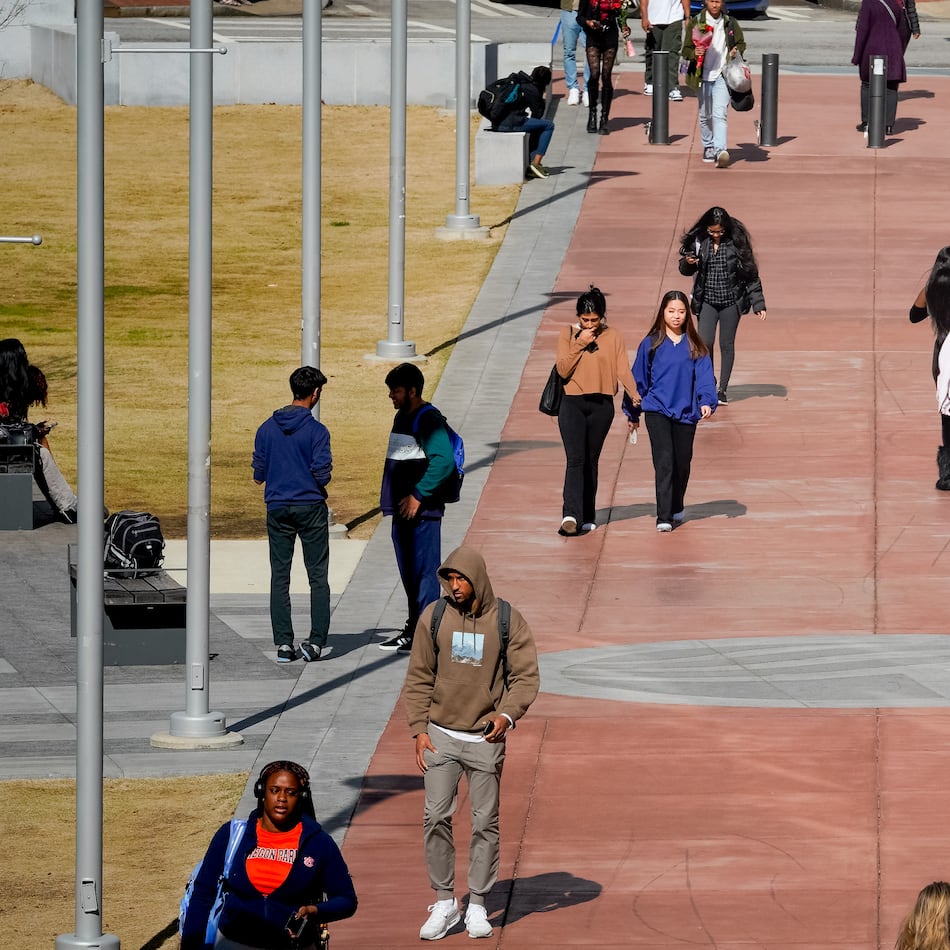A U.S. district judge on Friday denied the latest request by a Native American tribe, environmentalists and other plaintiffs to stop the federal government from transferring land in Arizona for a massive copper mining project.
The ruling by Judge Dominic Lanza triggered an immediate appeal to the 9th U.S. Circuit Court of Appeals as a deadline fast approaches for the federal government to move ahead with the transfer next week.
Lanza outlined the “stark trade-offs” at the heart of the fight over Oak Flat, an area considered sacred. He pointed to the economic and national security benefits that would come from the land transfer and the indescribable hardships that would result from the permanent destruction of the Apaches' historical place of worship.
Lanza wrote that the nation's political branches are responsible for weighing competing objectives and determining how to balance them.
“Here, Congress chose to pursue the land exchange despite the existence of many significant trade-offs and the president chose to ratify Congress’s choice by signing the law into effect,” he wrote. "As a result, the Court must accept that this choice advances the public interest and operate from that premise.”
Conservation groups that are appealing the decision acknowledged that the clock was ticking but said they were not giving up.
The San Carlos Apache Tribe, the group Apache Stronghold and other plaintiffs having been fighting in court for years to save what tribal members call Chi’chil Bildagoteel, which is dotted with ancient oak groves and traditional plants the Apaches consider essential to their religion.
The plaintiffs have taken aim at a required environmental review that was released by the U.S. Forest Service earlier this summer. They contend the federal government did not consider the potential for a dam breach, pipeline failure or if there was an emergency plan for a tailings storage area.
Before the land exchange can happen, they argued that the federal government must prepare a comprehensive review that considers “every aspect of the planned mine and all related infrastructure.”
The plaintiffs also raised concerns that an appraisal failed to account for the value of the copper deposits underlying one of the federal parcels to be exchanged
The fight over Oak Flat dates back about 20 years, when legislation proposing the land exchange was first introduced. It failed repeatedly in Congress before being included in a must-pass national defense spending bill in 2014.
The project has support in nearby Superior and other mining towns in the area. Resolution Copper — a subsidiary of international mining giants Rio Tinto and BHP — estimates the mine will generate $1 billion a year for Arizona’s economy and create thousands of jobs.
The tribe and the advocacy group Apache Stronghold sued the U.S. government in 2021 to protect Oak Flat. The U.S. Supreme Court in May rejected an appeal by the Apache group, letting lower court rulings stand.
The Latest
Featured

